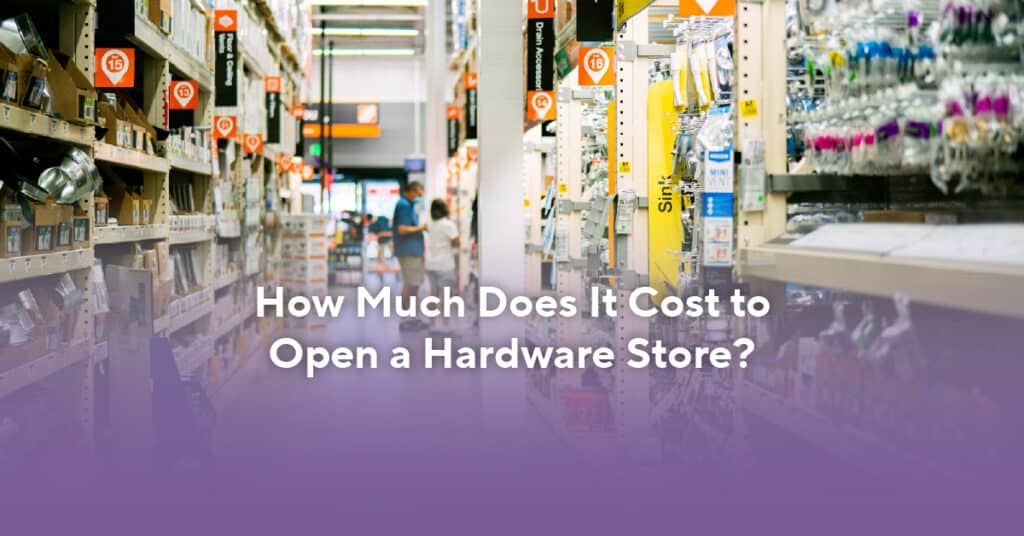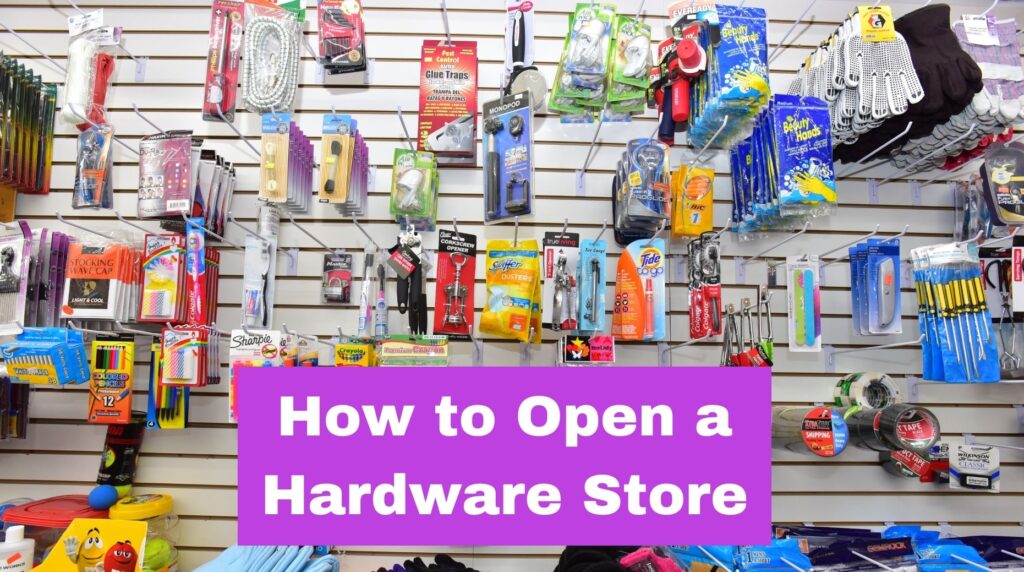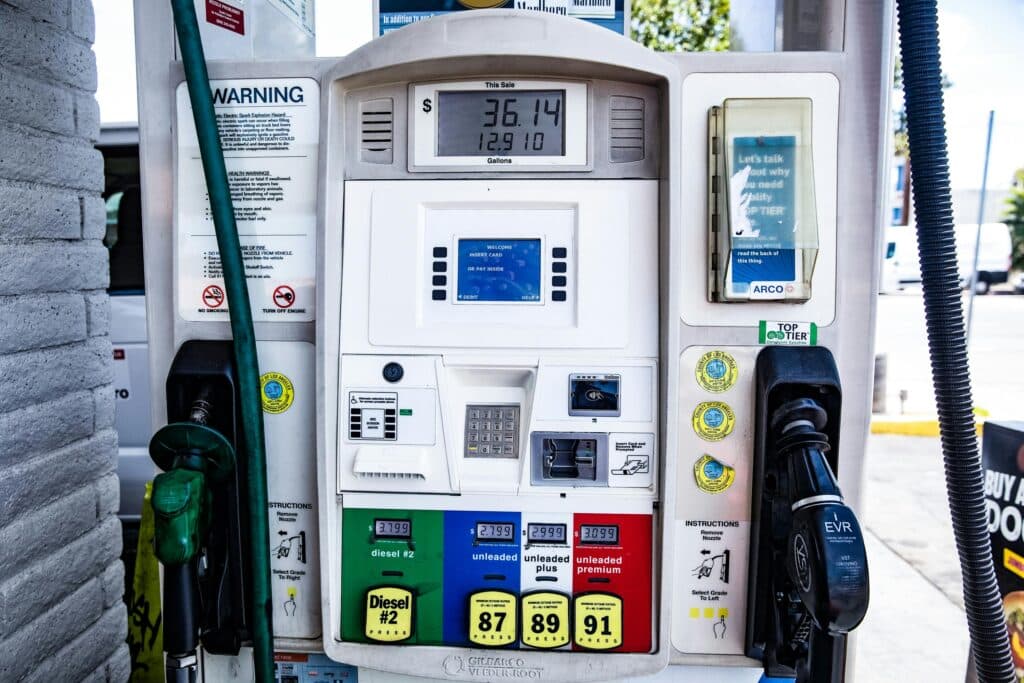Reducing your net carbon emissions by purchasing credits to fund clean energy and other carbon-reducing projects worldwide is an exciting proposition. The opportunity to be an environmentally-friendly company that cares about the planet and is willing to take action to help make for a healthier place for future generations creates a positive vibe among your employees and customers. It can help attract new and loyal shoppers. Many people “go green” when choosing what stores to patronize. Therefore, in addition to doing something that will make you feel positive, carbon offsetting can help you gain more customers.
Carbon offset projects include rebuilding terrain abolished by deforestation (the act of clearing a wide area of trees). In addition, it can help propagate crop diversity and favorable nutrient management, reduce landfill waste, and invest in renewable energy projects such as solar power to replace coal-fired power plants, wind power, and hydropower.
That is why it is also essential for business owners who own gas stations to join the movement by being EMV compliant. When it comes to EMV compliance, there are numerous advantages. One example is the ability to provide digital receipts to customers instead of paper receipts. Paperless transactions help to save trees while also reducing the amount of clutter in drivers’ wallets. Paper receipts account for an astounding 1.5 billion pounds of environmental waste in the United States annually. Gas station owners are not only saving trees but also making it easier for customers to get their receipts. Any size gas station can become EMV compliant and join the environmentally conscious movement.
Shoppers appreciate businesses that strive to help make for a cleaner environment and use their profits to do so. Going green is more than a trend; it’s a commitment by many consumers to shop only at stores that are environmentally active, and it’s here to stay. Your dedication to the movement will also gain steam through word of mouth. Potential shoppers thus become loyal consumers that may not have known about your store otherwise.
To decide whether this is for you, research and ensure that you have room in your budget to invest without depleting your surplus. Remember to carefully consider whether the pros outweigh the cons of.
What is Carbon Offsetting?
Carbon offsetting is a process that applies to small businesses that need to balance their carbon footprint. Small business owners that participate in the process purchase credits to offset their own emissions and achieve a goal of carbon neutrality. Businesses and consumers can also trade, buy, and sell them on the carbon market.Carbon offset projects include rebuilding terrain abolished by deforestation (the act of clearing a wide area of trees). In addition, it can help propagate crop diversity and favorable nutrient management, reduce landfill waste, and invest in renewable energy projects such as solar power to replace coal-fired power plants, wind power, and hydropower.
What is Sustainability?
Small businesses that buy carbon credits help to create a healthier, more sustainable environment. Sustainability means maintaining something at a specific rate or level. For instance, carbon offsets that fight deforestation worldwide restore the environment to a sustainable state. Sustainability also refers to keeping natural resources healthy by completely avoiding the possibility of deforestation. Environmental sustainability helps leave a healthy planet for the next generation and establishes a sound foundation for bettering the environment for years and decades.That is why it is also essential for business owners who own gas stations to join the movement by being EMV compliant. When it comes to EMV compliance, there are numerous advantages. One example is the ability to provide digital receipts to customers instead of paper receipts. Paperless transactions help to save trees while also reducing the amount of clutter in drivers’ wallets. Paper receipts account for an astounding 1.5 billion pounds of environmental waste in the United States annually. Gas station owners are not only saving trees but also making it easier for customers to get their receipts. Any size gas station can become EMV compliant and join the environmentally conscious movement.
Why Should Small Businesses Consider Carbon Offsetting?
There are several reasons why small businesses should consider carbon offsetting and work toward net-zero carbon emissions and sustainability goals. Businesses that emit a considerable amount of carbon may bear moral and ethical responsibility. It can also demonstrate to customers that your establishment is committed to worthy causes. Small business owners may want to place a sign or certification to participate in the movement on the front door and window or prominently on the sales floor. They can also promote their commitment to the Earth on mailing lists and coupons. It should also be featured on store websites and Apps.Shoppers appreciate businesses that strive to help make for a cleaner environment and use their profits to do so. Going green is more than a trend; it’s a commitment by many consumers to shop only at stores that are environmentally active, and it’s here to stay. Your dedication to the movement will also gain steam through word of mouth. Potential shoppers thus become loyal consumers that may not have known about your store otherwise.
Is Carbon Offsetting Worth It?
Participating in this movement is a balancing act. On one hand, it’s a great way to show customers and staff that you care about the environment and the air they breathe. However, it can be pricey. The cost can vary from $1 to $50 per ton. It all boils down to how much your company emits and how much you can afford to spend to achieve a substantial footprint. Prices can also fluctuate at any time, depending on the performance of the market.To decide whether this is for you, research and ensure that you have room in your budget to invest without depleting your surplus. Remember to carefully consider whether the pros outweigh the cons of.








